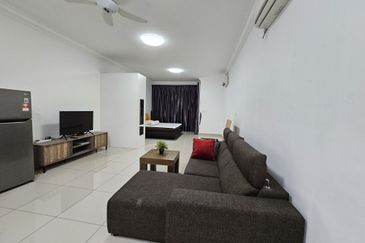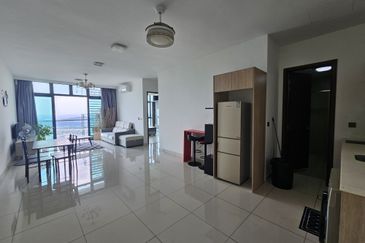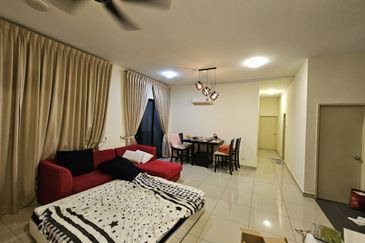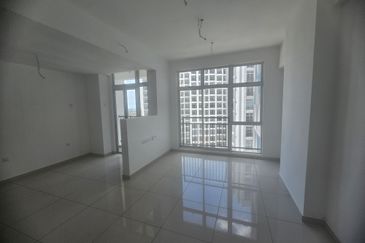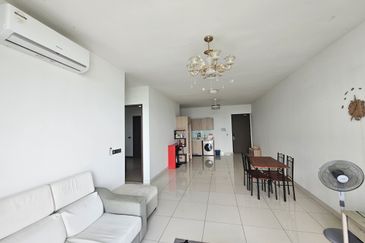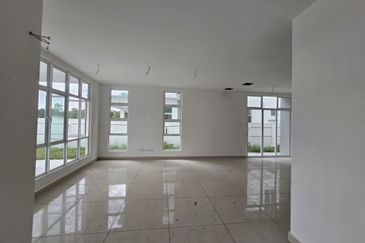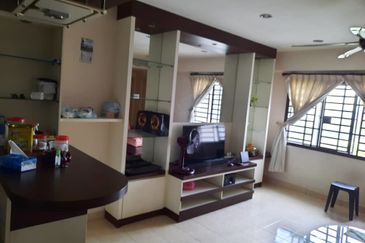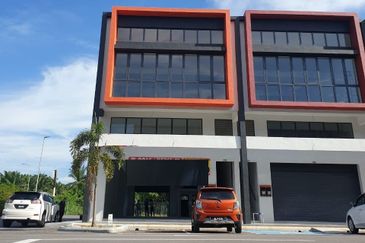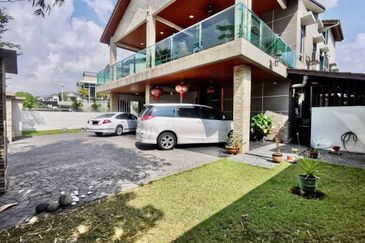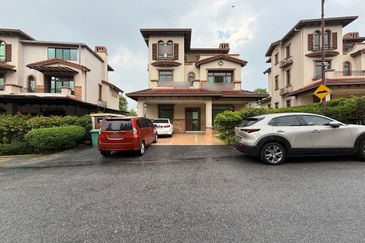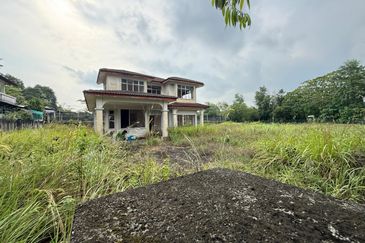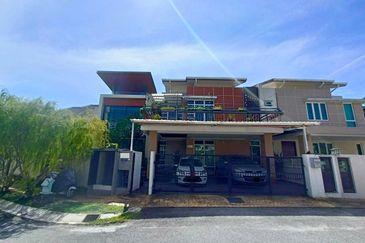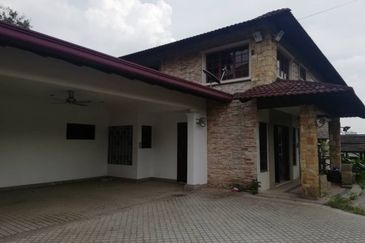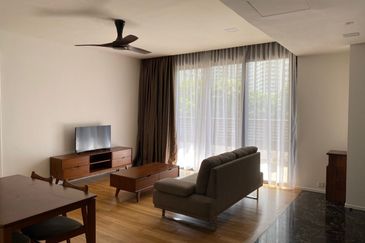Kuala Lumpur Kepong Bhd (August 16, RM24.50)
Downgrade to hold with a lower target price (TP) of RM25.90: Kuala Lumpur Kepong Bhd (KLK) reported an increase in revenue for nine months ended June 30, 2017 (9MFY17) of 32.4% year-on-year (y-o-y) to RM15.84 billion, partly attributable to the higher fresh fruit bunch (FFB) production, increase in crude palm oil (CPO) and palm kernel (PK) average selling prices (ASP), and higher contribution from the manufacturing and property divisions. The CPO and PK ASPs were higher at RM2,793/tonne (9MFY16: RM2,199/tonne) and RM2,664/tonne (9MFY16: RM1,734/tonne), respectively.
9MFY17 profit before tax (PBT) declined by 27.2% y-o-y to RM1.07 billion, as it included a RM485.6 million surplus arising from the sale of plantation land to an associate in financial year 2016 (excluding the sale of plantation land, the PBT in 9MFY17 increased by 6% y-o-y). After excluding the surplus on disposal of land and other one-off items, 9MFY17 core net profit amounted to RM848.6 million, higher by 30.8% y-o-y, but below our and consensus expectations, accounting for 63.3% of our previous forecast and 69.8% of the street. The variance was mainly due to lower-than-expected contribution from the plantation and manufacturing divisions given the higher cost of production.
Sequentially, KLK’s revenue for the third quarter ended June 30, 2017 (3QFY17) declined by 10.9% quarter-on-quarter (q-o-q) to RM4.87 billion on lower contribution from the plantation, manufacturing and property divisions, but this was partially mitigated by higher contribution from the trading operations. The 3QFY17 core net profit, after excluding the one-off items, declined by 35.8% q-o-q to RM177.7 million.
Given the weaker-than-expected 9MFY17 results, we cut our FY17 and FY19 earnings per share (EPS) forecasts by 10% and 16%, mainly to account for higher cost of production for the plantation and manufacturing divisions. As such, our TP for KLK is lowered to RM25.90 (from RM29.00), based on an unchanged 22 times price-earnings ratio on FY18 EPS. We downgrade KLK to a “hold” rating from “buy” previously given the limited upside to our new TP.
Key upside/downside risks include: i) a stronger/weaker economic growth leading to a higher/lower consumption of vegetable oils; ii) a sustained rebound/plunge in the CPO price; iii) higher-/lower-than-expected FFB and CPO production; and iv) changes in policies. — Affin Hwang Investment Bank Research, Aug 16
This article first appeared in The Edge Financial Daily, on Aug 17, 2017.
For more stories, download TheEdgeProperty.com pullout here for free.
TOP PICKS BY EDGEPROP
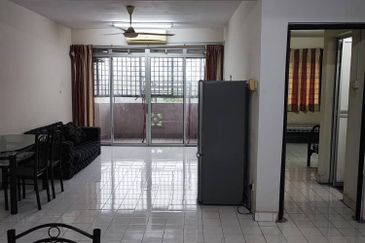
Apartment Tanjung Puteri Resort
Pasir Gudang, Johor
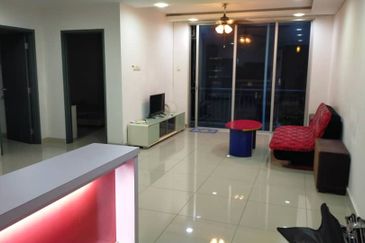
D'Ambience Residences (Ikatan Flora), Bandar Baru Permas Jaya
Permas Jaya/Senibong, Johor
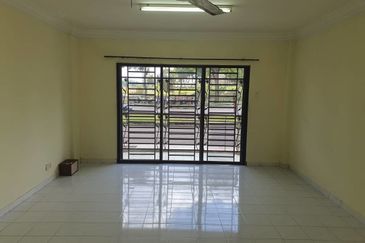
Seri Mutiara Apartment, Bandar Baru Seri Alam
Masai, Johor


